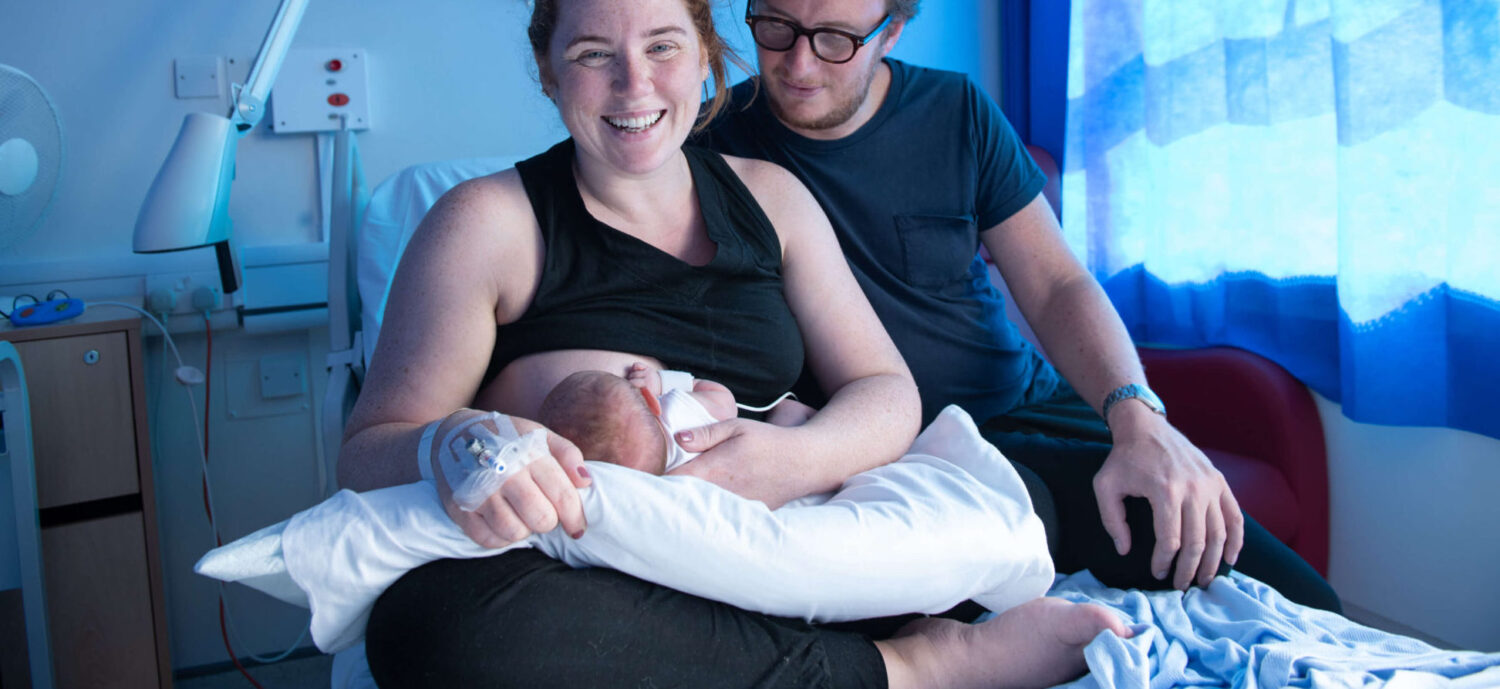Find out how many services across the UK are accredited, as well as the progress of individual units.
Awards table
Look up individual services to find out their progress towards becoming Baby Friendly.
2023 awards
In 2023 so far we have awarded:
- 21 Certificates of Commitment
- 30 Stage 1 accreditations
- 10 Stage 2 accreditations
- 9 full accreditations and 35 re-accreditations
- 6 Gold Awards and 12 Gold re-validations
Overall engagement
There are currently 97% of maternity services and 89% of health visiting services working towards Baby Friendly accreditation. In Universities, there are 64% of Midwifery programmes and 30% of Health Visiting programmes working towards the award.
Overall full accreditations
In the UK the percentage of services with full Baby Friendly accreditation are:
- 41% of maternity services
- 64% of health visiting services
- Universities: 38% of Midwifery courses; 17% Health visiting courses
Statistics last updated April 2023
Stages of accreditation
Facilities that have not contacted UNICEF UK to engage with the Baby Friendly accreditation process, or whose previous award has lapsed due to a prolonged period of inactivity.
Facilities that have registered their intention to work towards accreditation but have not yet requested any assessments. This means that UNICEF UK has no information about the standard of care they provide.
A certificate to mark the facility’s commitment to work towards Baby Friendly accreditation. This involves writing an action plan and infant feeding policy and will usually follow an implementation visit by a Baby Friendly assessor.
The facility has created policies and procedures to support the implementation of the standards and these have been externally assessed by UNICEF UK and found to be adequate. For universities, the curriculum, lesson plans, teaching aids and materials for students are assessed.
The facility has educated their staff to implement the Baby Friendly standards and been externally assessed by UNICEF UK. This assessment involves interviewing a random sample of staff (of all grades) to assess their knowledge and skills and checking the curriculum, training records and internal audit results.
For universities, a sample of students who have undertaken the course for which accreditation is being sought are interviewed to ascertain whether they have the skills and knowledge to practice in line with Baby Friendly standards. University courses are accredited following a successful Stage 2 assessment.
The facility has implemented the Baby Friendly standards and has been externally assessed by UNICEF UK. This assessment involves interviewing mothers about the care they have received and reviewing policies, guidance and internal audits.
Accreditation lasts for 2 years after which a re-assessment of all the standards takes place. Subsequently re-assessments take place every 1-5 years depending on how well the facility is deemed to be maintaining the standards.
Suspension occurs following the re-assessment of an accredited facility where care was found to be below the standard required or where a facility has chosen to suspend their accreditation because of challenges within the organisation. This is to allow the facility to improve care prior to another re-assessment.
Suspension will currently end after 4 years (due to ongoing effects of Covid-19 pandemic) and the service will be categorised as “No current information” unless they are actively progressing towards an assessment.
A scheduled assessment has not taken place due to significant issues within the facility for example; re-organisation, re-location or serious illness of a key member of staff. Therefore we have no recent information against which to assess the standard of care provided. Facilities that are designated “Re-assessment overdue” are no longer considered to be fully accredited.
In a university this may be due to challenges with university curriculum re-validation cycles.
This also applies to any services who have not been able to have their scheduled assessment due to the Covid-19 pandemic in 2020. This status will normally end after 2 years, however due to ongoing effects of Covid-19 pandemic it is currently extended to 4 years.
Several criteria at re-assessment of an accredited facility have not been met and a further re-assessment is required within 9 months to take place before the award can be confirmed.
Accreditations with this label are based on assessments carried out remotely during the Covid-19 outbreak. The Covid-19 designation is applied either because some dispensation was given for the restrictions and working conditions imposed on services during this time or because the assessment team and Designation Committee recognised that an on-site assessment would have been influential in decision making and therefore would have been desirable under normal circumstances. The subsequent re-assessment would then be carried out on-site.
When an accredited facility has experienced significant challenges that affect Baby Friendly care there will be additional measures put into place to support the facility to improve care and provide evidence of that improvement. During this period, the facility will not be considered to be fully accredited until a further successful re-assessment has taken place, or agreed additional evidence has been submitted.
When an accredited facility has experienced significant challenges that may have an effect on Baby Friendly care. During this time additional evidence is being sought and support provided. Accreditation is currently maintained.



